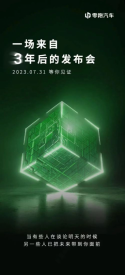1) Where did you see the L/km stay in that article?I am going to be a lawyer-style weasel and note that I said "basically all" and not "absolutely all"
But I looked at a review of L9 SUV
It said fuel efficiency is 10 L/100 Km highway. That is pretty bad considering it is a inline 4.
Considering other 3-row SUVs:
Gasoline Grand Highlander (I4T) at 8.6 L/100 Km Highway
Hybrid at 7.0 L
Chevy Tahoe (V8 with Cylinder Deactivation) at 11.8 L
So basically there is a big fuel efficiency penalty to operate in a solely series setup, using almost as much gas as a good ol' USA BOF truck on the highway.
In other news
I bought an Autel Maxicharger and I see that they have already offshored their production to Vietnam. Quite surprised that a new product like this is already being produced outside of China (where their HQ is)
2) It only matters after you exhaust the 180km pure electric range. The reduction in complexity likely outweighs the slightly worse fuel efficiency during the rare occasions e.g. road trips where the ICE needs to work.
3) You can't compare the fuel efficiency of a full size, luxury SUV weighting 5500lbs, is 205 inches long, and runs on 21 inch wheels with a 4500lbs mid-sized SUV that's 195 inches long and runs on 18 inch wheels.

